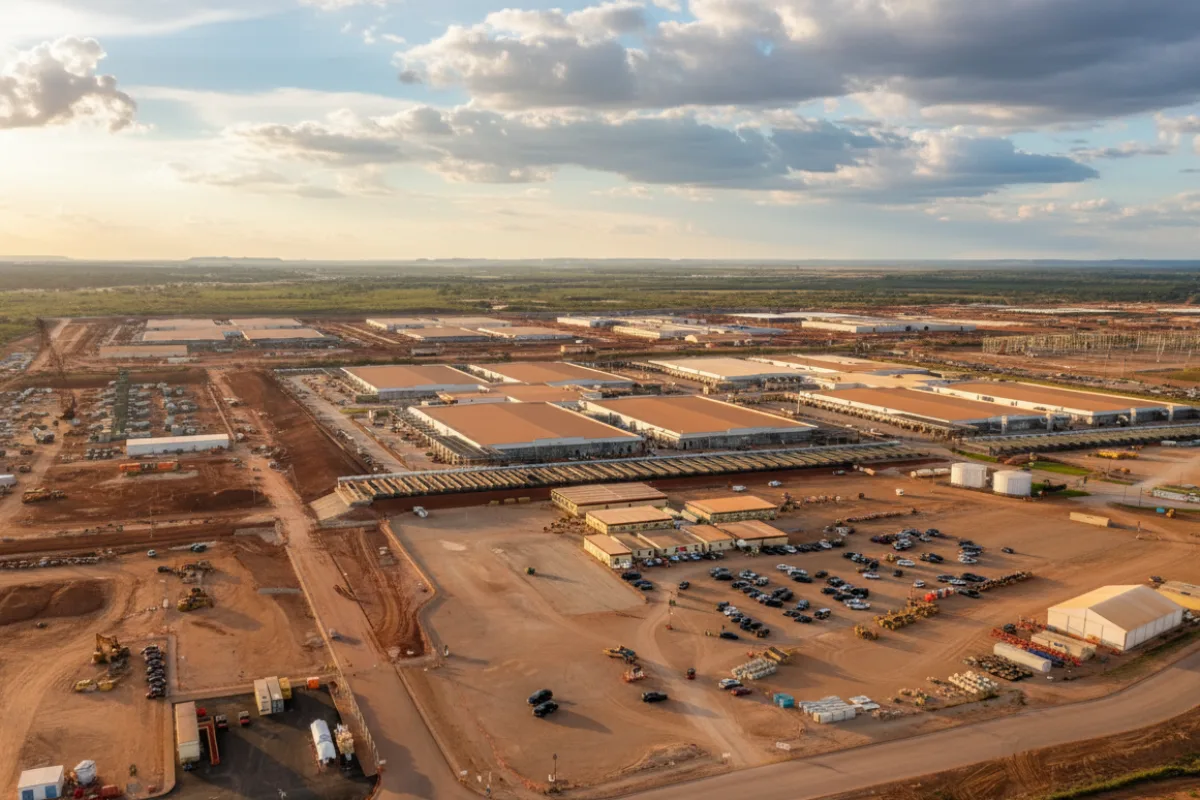Introduction
OpenAI this week announced strategic partnerships with South Korea’s Samsung and SK Hynix to secure high-bandwidth memory and other components for its massive “Stargate” AI infrastructure plan — a move that could speed up data-center builds and chip production for large AI models.
OpenAI says the deals form part of Stargate, a multibillion-dollar push to expand global AI compute and build multiple large-scale data centers; South Korea discussions include potential local data centers and supply arrangements to meet huge memory demands. The agreements were revealed after senior meetings in Seoul involving OpenAI’s CEO and Korean industry and government leaders.
[related url=”https://tekznology.com/ghost-of-yotei-release-date-what-to-expect/”]
What the partnerships cover

The letters of intent focus on supplying HBM/DRAM wafers and memory modules that are critical to training and running large language models. Reports cite potential monthly wafer volumes in the hundreds of thousands as OpenAI locks supply to avoid bottlenecks. Samsung’s unit and SK Hynix — leaders in memory production — are logical partners for this scale.
Why Korea is strategically important
South Korea controls a large share of global memory production. By anchoring supplies there and exploring Korea-based data centers, OpenAI aims to diversify its hardware footprint and reduce delivery risk for Stargate while tapping local expertise in data-center tech and advanced packaging. Government backing and talks about site support also make Korea attractive for large builds.
[related url=”https://tekznology.com/shark-stainforce-review-tiny-cordless-spot-cleaner/”]
Risks, scale and geopolitics

Securing memory at scale helps OpenAI but raises questions about energy use, supply-chain concentration and geopolitical implications — particularly given U.S.-China chip tensions. Observers say the deals will need careful coordination: ramping fabs and logistics at this speed is hard and energy-intensive.
What to watch
- Official contracts (not just LOIs) and production timelines from Samsung/SK.
- Data-center site confirmations and environmental/energy plans.
- How other suppliers (Nvidia, Micron, etc.) respond to the supply commitments.
[related url=”https://tekznology.com/nasa-and-blue-origin-prepare-escapade-mission/”]
Author note: I used OpenAI’s announcement plus Reuters and AP coverage in Seoul to explain what’s announced vs. what remains to be finalized. I focus on supply, scale and geopolitical implications.

